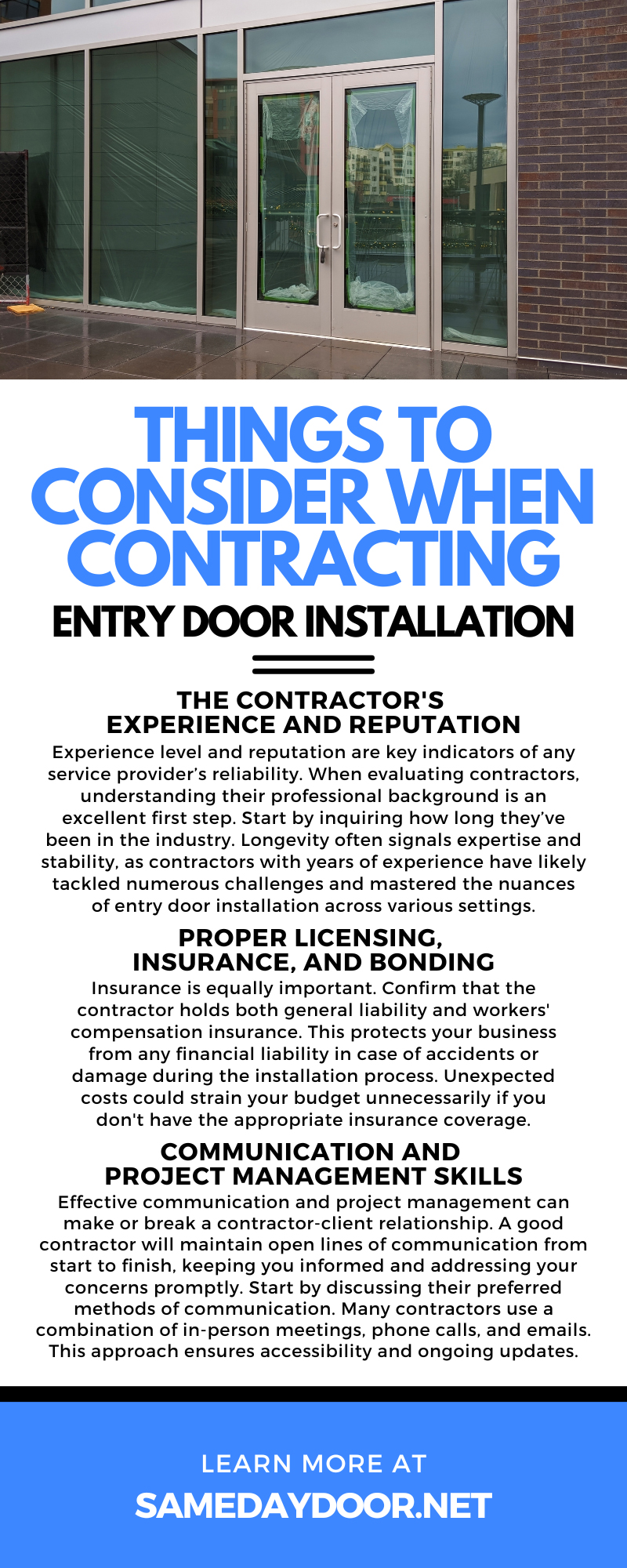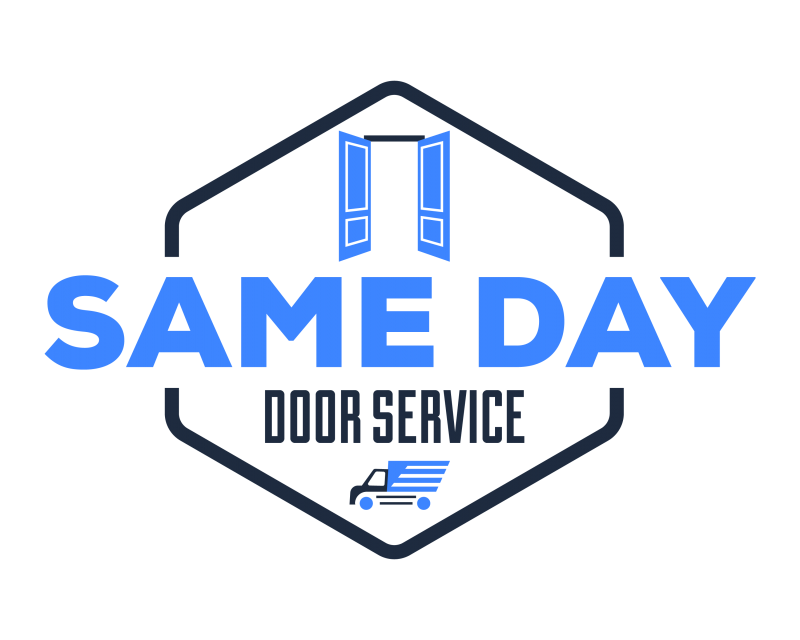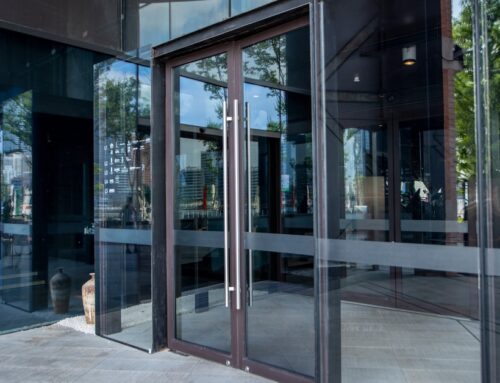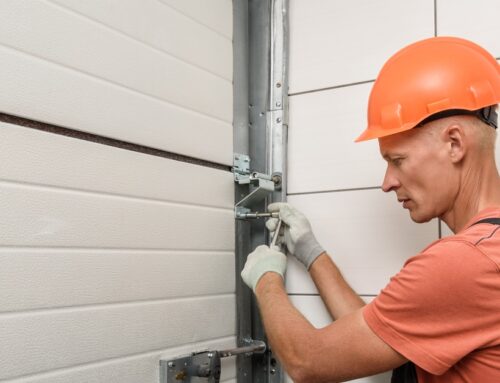The entry door of a business is one of the first details visitors notice. It’s a functional structure that reflects the brand’s image, ensures security, and contributes to the overall efficiency of the property.
Proper installation of an entry door is crucial for guaranteeing it serves its purpose while lasting many years. When considering an installation project, selecting the right contractor can make all the difference. To guide business owners through this essential process, this blog highlights the key things to consider when contracting entry door installation.
The Contractor’s Experience and Reputation
Experience level and reputation are key indicators of any service provider’s reliability. When evaluating contractors, understanding their professional background is an excellent first step. Start by inquiring how long they’ve been in the industry. Longevity often signals expertise and stability, as contractors with years of experience have likely tackled numerous challenges and mastered the nuances of entry door installation across various settings.
Additionally, the contractor’s reputation reflects their consistency in delivering quality work. Ask for references from past commercial clients or for access to reviews and testimonials. This information can provide insights into how effectively the contractor meets deadlines, manages unforeseen obstacles, and delivers on their promises.
Additionally, find out whether they have experience specific to your business type or industry, as this ensures they understand the specific requirements and standards that may apply. Choosing a contractor with a strong track record mitigates risks and sets the stage for a smoother project.
Proper Licensing, Insurance, and Bonding
Contractor credentials are nonnegotiable for any construction project. Licensing proves that the contractor adheres to state and local building regulations, so ask for proof of valid licenses. Licensing also demonstrates that they have the necessary training to perform the job correctly and legally.
Insurance is equally important. Confirm that the contractor holds both general liability and workers’ compensation insurance. This protects your business from any financial liability in case of accidents or damage during the installation process. Unexpected costs could strain your budget unnecessarily if you don’t have the appropriate insurance coverage.
Bonding is another credential to check for, as it provides an added layer of security for your investment. A bonded contractor compensates for any financial losses caused by incomplete work or contractual breaches. Discussing these details upfront and requesting documentation demonstrates that you are thorough and ensures the contractor is equally committed to professionalism and accountability.
The Installation Process
Installing an entry door may seem like a straightforward project, but a poorly managed process can lead to long-term issues such as poor insulation or compromised security for your commercial building. One of the most important steps in selecting a contractor is asking them to outline their installation process in detail. This includes questions about how they prepare the site, the type of materials they use, and the timeline for completing the project.
The success of an installation often relies on accurate dimensions, and a reputable contractor should discuss how they ensure exact measurements before proceeding with the installation. Ask about the tools and equipment they use, as this can influence the efficiency and quality of their work.
It’s also important to address how they might handle unexpected challenges, such as structural issues discovered during the installation. Contractors with a methodical and professional approach to these hurdles are more likely to complete the project to your satisfaction. Knowing their step-by-step process allows you to gauge their competency and ensures you have a clear understanding of how the project will unfold.
Communication and Project Management Skills
Effective communication and project management can make or break a contractor-client relationship. A good contractor will maintain open lines of communication from start to finish, keeping you informed and addressing your concerns promptly. Start by discussing their preferred methods of communication. Many contractors use a combination of in-person meetings, phone calls, and emails. This approach ensures accessibility and ongoing updates.
Another key aspect is understanding how the contractor manages their team. Entry door installations often require coordination among various professionals, including laborers and suppliers. Asking how the contractor plans and monitors their team’s progress can offer insights into their organizational skills.
Scheduling is also a major consideration. A contractor must demonstrate the ability to manage timelines effectively to avoid disruptions to your business operations. Confirm their estimated start and end date, and ask how they typically deal with unexpected delays. An organized contractor who is attentive to detail will strive to meet deadlines without compromising quality.
By evaluating their ability to plan, manage, and communicate effectively, you can ensure that the project proceeds efficiently and without unnecessary stress on your part.
Contract Terms, Payment Schedule, and Warranty
No project is complete without clear and agreed-upon contractual terms. Your contract should detail specifics about materials, payment schedules, timelines, and the project’s scope.
Ensure the contract includes everything discussed verbally, as well as payment terms and whether the contractor requires an upfront payment or operates on a staggered schedule. Be cautious of contractors who demand full payment before the project begins, as this might indicate a lack of reliability.
Another essential detail to negotiate is the warranty. A warranty signifies that the contractor stands behind their work. Confirm the specifics, such as the warranty period and what it covers. Ideally, the warranty should include both labor and materials, offering comprehensive protection for your investment.
Lastly, inquire about their post-installation policy, and determine if the contractor provides follow-up services in case you require adjustments. Knowing that they will be available to address any concerns after completing the installation can provide you with an invaluable layer of confidence and peace of mind.
By knowing the key things to consider when contracting entry door installation, you can ensure a seamless and successful project. Trust the professional entry door services from Same Day Door Service when you need to upgrade the safety and functionality of your business space. With our years of experience, we will deliver the quality and durability you require. If you want to enhance both the functionality and aesthetic appeal of your commercial building, contact us today for a free consultation.








